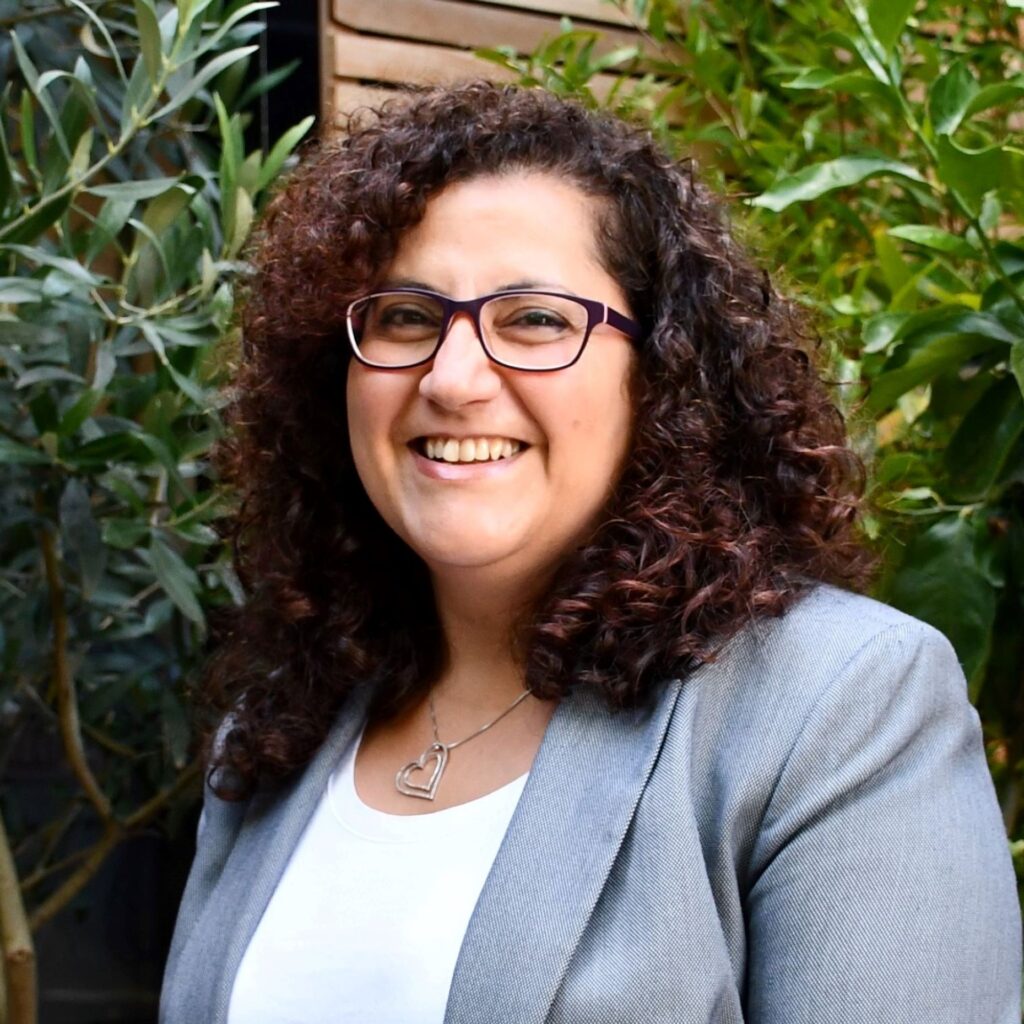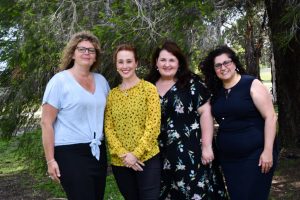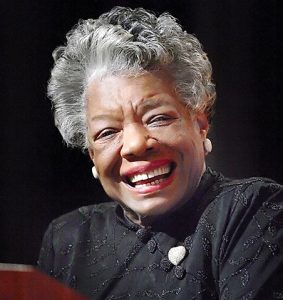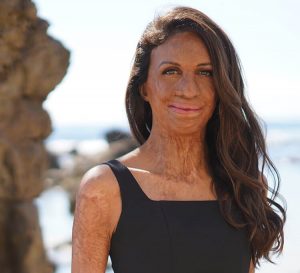
This week we take the opportunity to celebrate the contribution of women at Concern Australia. From all perspectives, we believe that the contribution of women to our organisation is gigantic and, greatly enables the work we are able to do.
We want to highlight the professional challenges and career aspirations of the women we work with. This time, we speak to Georgette Wardan, General Manager of Business Operations at Concern Australia, on the importance of good leading practices in times of uncertainty, as well as sacrifices and obstacles she’s had to overcome to be at where she is right now.
“Some people think that to be strong is to never feel pain. In reality, the strongest people are the ones who felt it, understand it, and accept it.” Turia Pitt.
We feel that the best way to introduce Georgette is with a quote of one of the women who has inspired her along the road. Georgette is a mother and a great leader that sticks to her values. She is a valued member of our organisation and a natural leader who is always keen to help those in need.
Interviewer (I): What are the biggest foreseeable challenges for women leaders?
Georgette (G): Being totally honest, I find that on occasion, men struggle when there is a woman in authority. They don’t say it directly, but I sometimes see it from their challenging ways and behaviors. I’m focused on helping them to understand that I am trying to support them to do their job well. I find that quite challenging.
I think that helping people to understand that, as a woman, I can balance my personal life and my career. People may find it surprising that I have a family and, simultaneously, have continued to focus on my career. My guess is because traditionally they think that women should not do that.
(I) What is an experience that you’ve had that’s unique to a woman?
(G): Perhaps, not so much in the corporate environment, but being able to transfer a lot of skills of raising a family can transfer to a leadership role. For example, I can be empathetic but still disciplined and assertive as needed. Finding that balance of being caring but still saying ‘totally understand, I feel what you’re going through, however you still have a job that you need to do.’ I think that’s something that I use, I know not all women have a family so this is just my personal experience.
If you could give just one leadership lesson that you’ve learnt over the years, what’d it be?

From left to right. Andrea Greenwood, General Manager Service Delivery at Concern Australia, the Hon. Gabrielle Williams, Minister for Women, Michelle Crawford, CEO of Concern Australia, and Georgette Wardan, General Manager of Business Operations at Concern Australia. March 08 2019

“To be a leader and not a boss, leading, and being a leader does not necessarily mean that what I say goes, and that means I need to be collaborative and help people feel heard” Georgette Wardan.
What energises you about your work?
(G): Helping others grow and develop. One highlight has been seeing a young woman that was working in my my team, who perhaps never felt that her voice was heard. It was only through getting to know her, although English is her second language, I got to know what she was good at, what she did, provided guidance as needed and opportunity. She had two Masters qualifications, and no one recognised that because she was very shy. So, developing staff and investing in them, to be the best that they can, is by far the most energising for me in my work.
What have you sacrificed along your career journey?
(G): Probably more time with my children. I’m very family orientated, so it’s been a sacrifice that my children have respected in me. My children had looked up to me and my career journey and are inspired to go out and achieve success in their own career, they have probably picked that up along the way.
I have done the early mornings, long evenings and that always comes at a cost to our personal life.
How have you developed your confidence as a leader?
(G): I would like to say that even now, sometimes I self-doubt. It is hard and I’m always trying to improve, so I consider myself as not always being correct and I do seek constructive feedback. If others feel that I could improve in a way that I handle a situation, I’m open and seek feedback, and self-reflect on that.
How do you unplug from work?
(G): Now it is easier as an empty nester. I live by the beach so actually a lot of walks and visits to the beach and time in my local community. Getting to know all my neighbors as well as going kayaking, swimming, and catching up with lot of our neighbors and friends visiting helps to unplug.
Can you name one woman who’s inspired you the most?
(G): Maya Angelou and Turia Pitt. They are very different but both are women who have faced huge challenges in their lives and have overcome those challenges through mere determination and perseverance regardless of what is being thrown their way.
Why is being a mentor so important for you?
(G): Any leader needs to know that there is a time limit. It’s important for me to know that any good skills that I’ve learned along the way can be handed over through succession planning and to develop and equip the next generation to make sure that they can take the reins.
What advice would you give to aspiring female executives?
(G): I would say… You have to have a thick skin. I could potentially be upset every single day by someone’s behavior and the way they talk to me. The way I handle it may look different now to how I did 16 years ago. My reaction is going to make a difference to the situation and is how I show my leadership. It is not always about my feelings.

Maya Angelou, was an American poet, memoirist, and civil rights activist.

Turia Pitt is an Australian mining engineer, athlete, motivational speaker, and author.
What are some traits that you admire the most in leaders?
(G): The number one trait for me is integrity. If someone lies to me I find it very difficult to trust in them again across all interactions. Just own a mistake and move on rather than lie about it. Number two is vulnerability. I think you cannot just be a leader and pretend to be perfect. You need to be vulnerable.
With that comes humbleness. One of the things that I’m very big on is that I would never state that I don’t make mistakes but I do own my errors. I will own it and plan on a solution focused approach to overcome the consequence of the error. I’m the first one to put my hand up and say I got that one wrong. I learnt that from a previous leader who used to say ‘don’t bring me a problem without bringing a solution with it’.
What was the greatest risk you have taken?
(G): Moving from corporate into the not for profit sector with little experience and knowledge of this area and just relying on my transferable skills.

